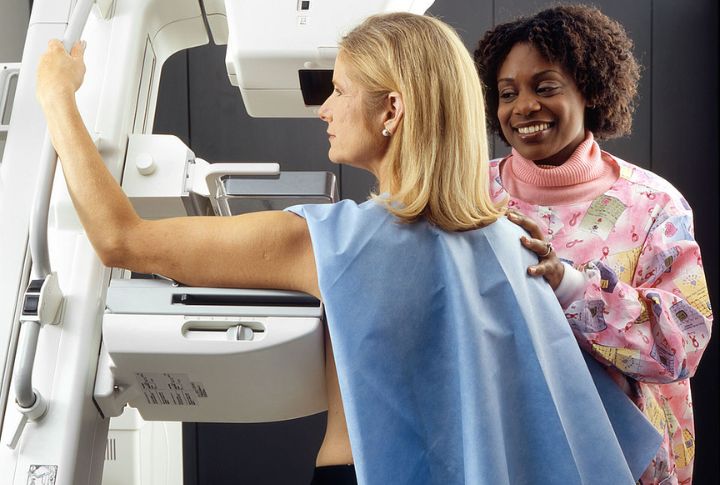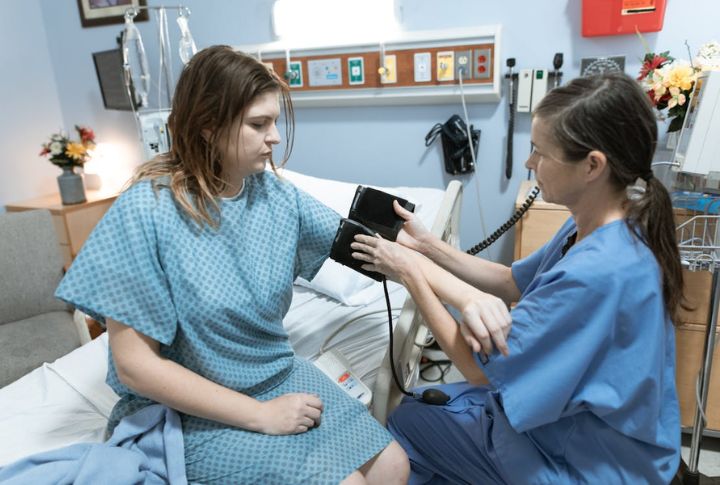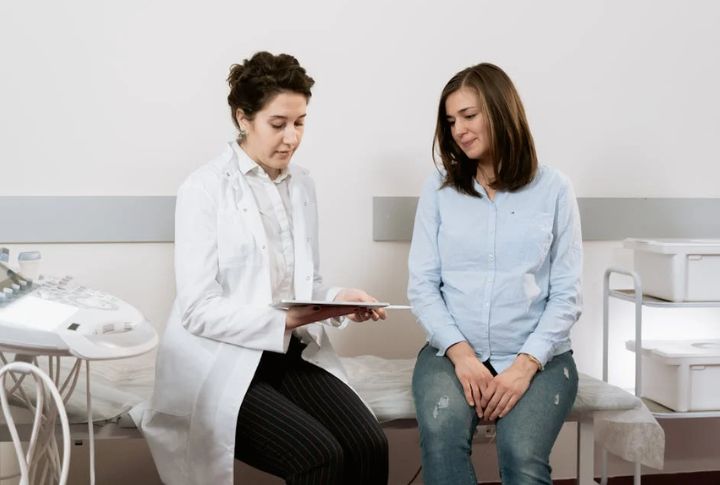
Women’s health has long been shaped by half-truths, outdated beliefs, and cultural assumptions that rarely get questioned. These myths shape the way care is provided and symptoms are interpreted. It’s time to clear the fog. Explore with us 10 persistent myths that reveal just how misunderstood women’s health continues to be.
Wearing Bras Causes Breast Cancer

A pervasive misconception connects undergarments with breast cancer risk. Yet a 2014 study by the American Cancer Society on over 1,500 women found no link. Instead of worrying about attire, focus on routine checkups. Early detection is most effectively achieved via mammography, particularly from age forty.
Douching Cleans The Vagina And Is Necessary

Your body naturally cleanses, so douching is unnecessary. Such cleanups disrupt the natural pH balance and may cause bacterial vaginosis. A heightened risk for pelvic inflammatory disease has also been associated with it. Experts suggest washing the external vulva using unscented, mild soap.
Heart Disease Does Not Affect Women, Especially Younger Women

Heart disease stands as the top cause of female deaths for every age group, says the CDC. Many underestimate personal dangers like high cholesterol or diabetes. While female heart attack signs can appear subtler than male indicators, they are just as deadly. Public health campaigns frequently aim to raise awareness and correct this dangerous misconception.
Strength Training Makes Women Bulky And Is Harmful

Resistance exercise provides huge health advantages without creating a bulky physique. It strengthens bones, combats osteoporosis, and improves balance, which prevents injuries. The activity also boosts metabolism and enhances mental wellness. Countless ladies avoid workouts due to outdated gender stereotypes and miss their essential benefits.
All Caffeine Is Dangerous During Pregnancy

Many expectant mothers worry about coffee intake, but consuming less than two hundred milligrams daily is relatively safe. The American College of Obstetricians and Gynecologists confirms that while excessive amounts could be harmful, moderate levels present no serious danger. Such advice prevents unnecessary anxiety from misinformation.
Certain Foods Or Supplements Can Guarantee Pregnancy

Fertility depends on a diverse mix of health and hormonal elements, not on a single dietary item. Even though consuming a balanced, nutrient-rich diet does support reproductive well-being, it can’t guarantee conception. The most effective approach for persistent fertility issues involves seeking guidance and professional care from a medical expert.
You Only Need To See A Gynecologist When Symptoms Appear

Regular, yearly appointments are vital for catching silent health threats such as endometriosis or cervical cancer early. The personalized Pap smear schedule depends on your age and medical background. Gynecologists also monitor bone health and blood pressure, so delaying visits can mean more serious diagnoses.
All Vaginal Itch And Discharge Are Due To Yeast Infections

Similar symptoms might stem from bacterial vaginosis or various skin conditions. Treating yourself incorrectly can seriously delay proper care and even aggravate the undiagnosed condition. Accurate lab testing is what truly ensures you receive the correct treatment plan, as different underlying causes require unique solutions for relief.
Loss Of Libido Is An Inevitable Part Of Aging

Changes in desire can happen at any time because of stress or hormone fluctuations. Therefore, aging alone does not cause permanent sexual decline. Treatable issues like thyroid disease or depression can heavily influence your libido. Open discussion with healthcare providers can certainly help improve your overall well-being.
Pap Smears Must Be Done Every Year Without Exception

Guidelines for Pap smears have evolved, now recommending every three to five years for many women, mainly depending on their age and past results. Annual testing may lead to unneeded anxiety and medical procedures. Conditions like HPV or immune suppression require more frequent screening. Customized schedules are key for balancing benefits and risks.

